CBS Survey: Female faculty members made an extra effort at home during the coronavirus lockdown
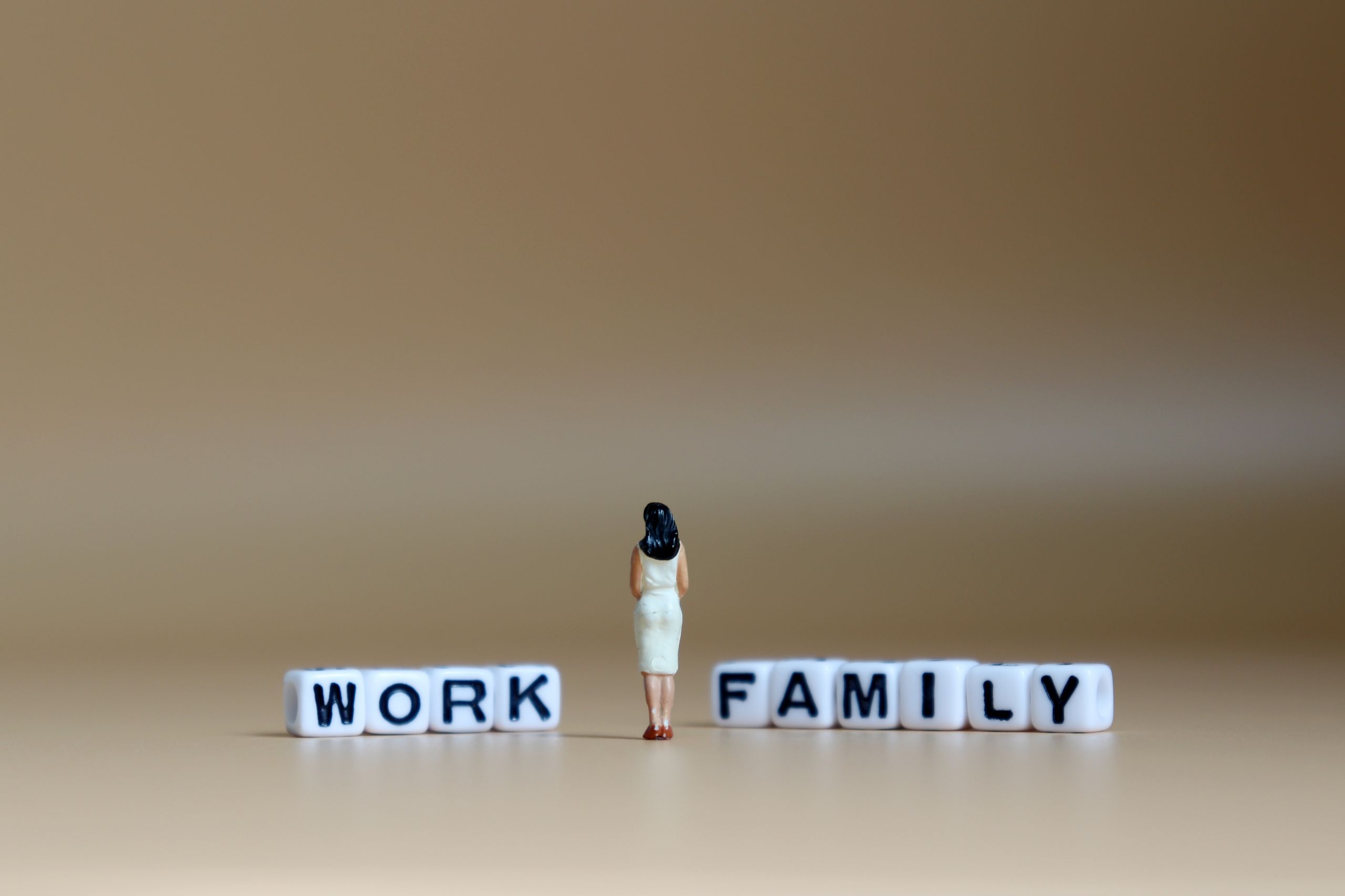
(Photo: Shutterstock)
Teachers with children were most negatively affected by the lockdown, a new CBS survey shows. However, 40 percent of female faculty members report being responsible for more than 60 percent of the childcare.
The teachers’ working conditions during the lockdown varied considerably. Some had children to homeschool, while others had to turn their kitchen into a shared office space.
A new CBS survey has investigated the teachers’ working conditions during the lockdown and the results reveal that teachers with children were most negatively affected in terms of reduced work hours and work efficiency.
For example, 75 percent of middle-aged staff (40 – 49) had children at home, and on the question ‘Have you, all in all, been able to work as many hours as usual?’ 36 percent and 22 percent answered ‘Shorter’ or ‘Much shorter’, respectively.
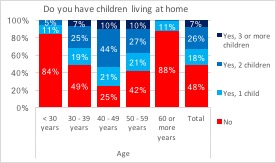
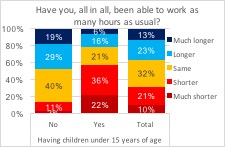
In total, 414 full-time academic staff and part-time teachers answered the questionnaire, which also surveyed the teachers’ experiences of online teaching.
However, the extra workload it gave faculty members with children at home has not been evenly shared, the survey suggests.
40 percent of female faculty members reported in the survey that they were responsible for more than 60 percent of the childcare, which is more than three times as high as that of male faculty members. Although men were less likely to take on childcare, their work efficiency was just as negatively affected by children being at home.
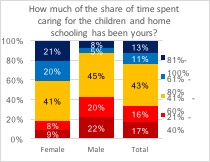
“If you look at overall statistics, these results are in line with those. But they give food for thought. We have somewhat of a glass ceiling – also at the universities – so it doesn’t help women to break through it if they are struggling more at home,” says Annemette Kjærgaard, Associate Dean for Technology-Enhanced Learning and head of the research group that sent out the questionnaire.
“I think this knowledge is useful and worth noting if we should go into a second lockdown. Especially from an equality point of view.”
Sine Zambach, Postdoc at the Department of Digitalization and part of the research group, explains that the women’s teaching evaluations have not been affected by the bigger workload at home.
“Female teachers have done as well as their male colleagues when it comes to teaching evaluations. But more women reported that it has affected their research. They have published less, and that’s an issue since they are judged on their publications,” she says.
Sine Zambach suggests that if parts of society – including the universities – are to close down again, it will be relevant to look at how it affects different groups.
“If a partial lockdown is on the table, it would be relevant to spare the people who have small children and kids of school age at home. Both because they are the ones who struggle most, but also because it affects one gender more than the other,” she says.





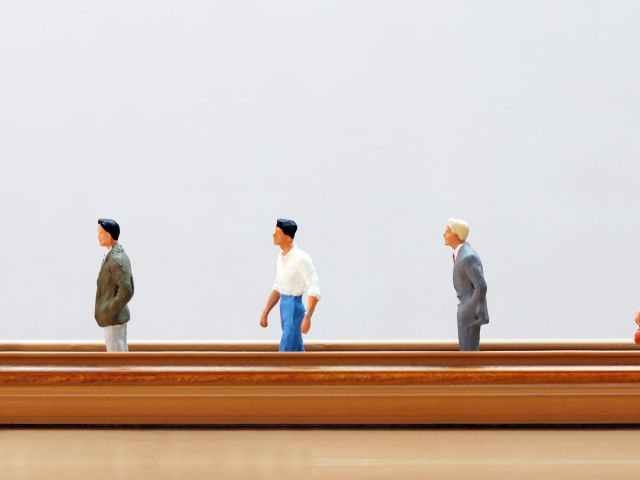































































































































Comments